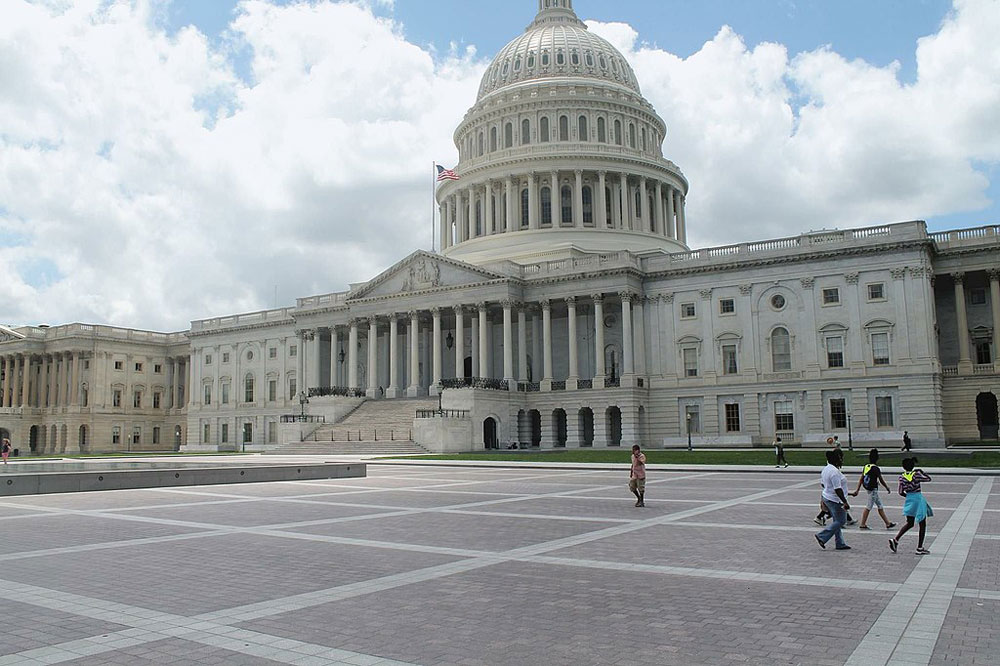December 4, 2011; Source: Boston Globe | NPQ has published a number of pieces on why donors give, including, most recently, Dietel and Gibson’s “What do Donors Want?” Now comes this article in the Boston Globe that integrates a number of strains of research to support the thesis that, where individual contributors are concerned, the more they think about their donation—including looking at overhead considerations—the less they are likely to give.
This, of course, flies in the face of logic for those who encourage individuals to give more “wisely,” recommending research about an organization’s financial ratios and outcomes. According to this article, “Research by economists and psychologists suggests that the impulse to give does not square with thinking in such a calculating way. On the contrary, it appears that giving is driven by emotional motives, rooted in deep impulses, cognitive biases, and even our own selfish needs. (Charity research isn’t necessarily flattering to donors.) And when we think too analytically about giving, we can deflate our initial generous instinct.“ Daniel Oppenheimer, a psychologist at Princeton, found that giving people information about overhead costs makes them less likely to donate to a charity. This was true even when the charity was shown to be extremely efficient.
Deborah Small, an associate professor of marketing and psychology at the University of Pennsylvania’s Wharton School says, “What we find is that when people are thinking more deliberatively, they end up being less generous overall.” This is because, according to the Globe, people’s primary reasons for giving are the urge to feel virtuous—and thus good about themselves—or social pressure. In fact, as the article explains, many studies have found that donating and thinking “occupy separate realms” of the brain.
Sign up for our free newsletters
Subscribe to NPQ's newsletters to have our top stories delivered directly to your inbox.
By signing up, you agree to our privacy policy and terms of use, and to receive messages from NPQ and our partners.
This extends to gift leveraging opportunities. John List, an economist at the University of Chicago has tested matching programs for their capacity to encourage people to give more. List found that a matching program did inspire more people to give, but offering a higher matching ratio decidedly did not lead to larger donations. People whose donations would be quadrupled gave the same amount as people whose donations would simply be doubled. “People get utility or satisfaction out of giving to a good cause. And they do not care how much public good is provided,” concluded List.
One theory about why people are less likely to give if they are more analytical has to do with what is termed here the “drop in the bucket effect,” or the sudden realization that one’s contribution pales in the face of overwhelming need. “If you really did the calculus,” List said, “my 25 dollars to the Sierra Club means nothing on the margins. So if I wanted to be really analytical about it, I’m not going to give.” List asserts that it follows that encouraging donors to give to the most efficient, best organizations might mean that less money actually gets donated.
What do readers think these findings should mean to fundraisers? —Ruth McCambridge













